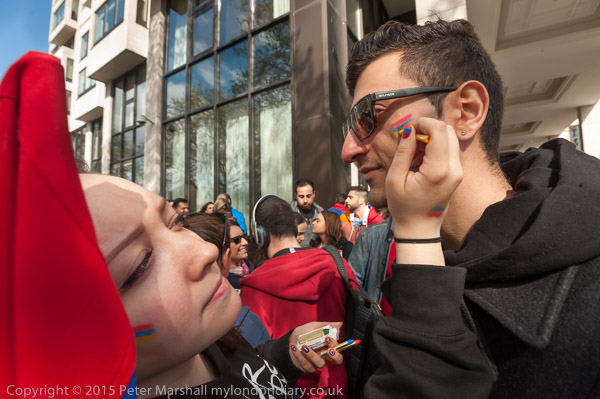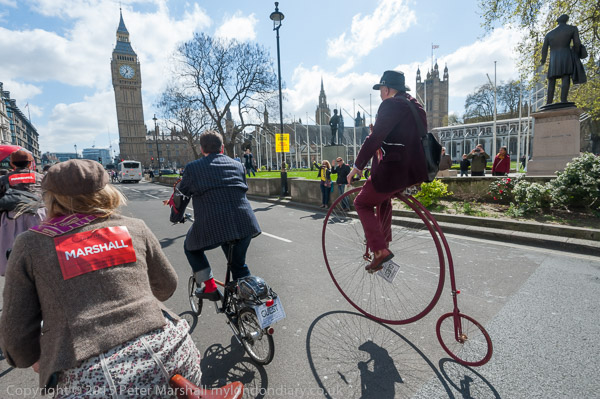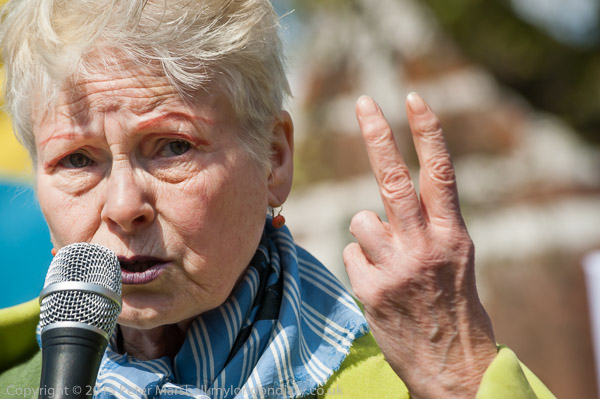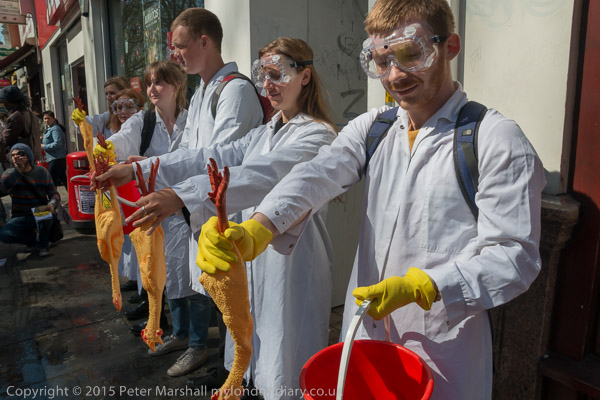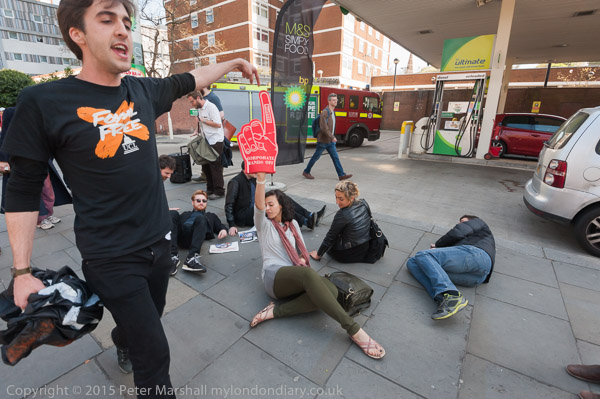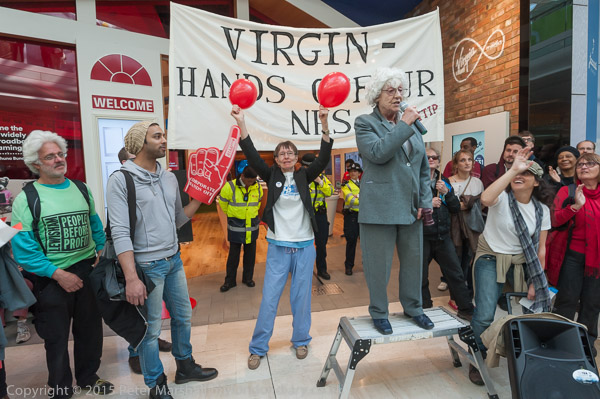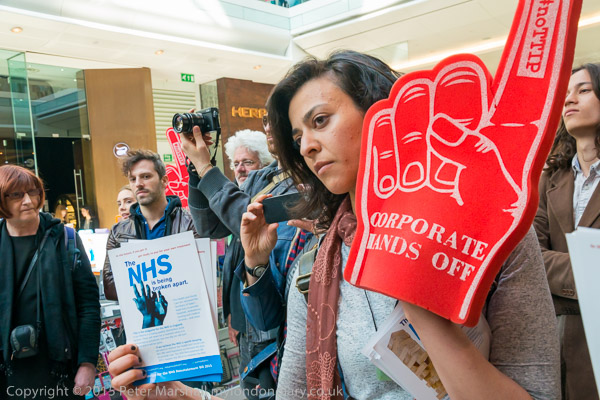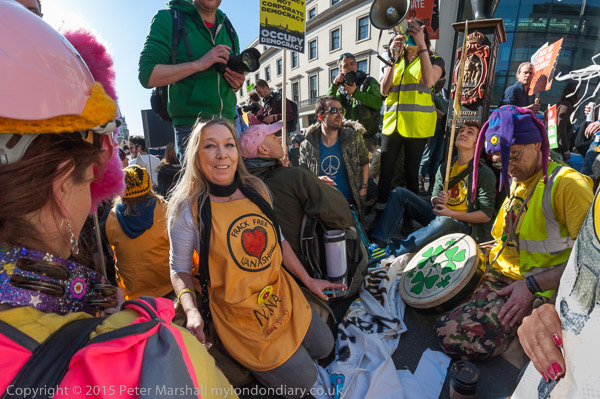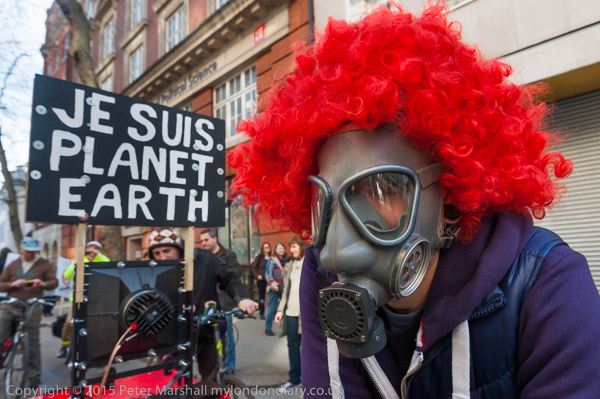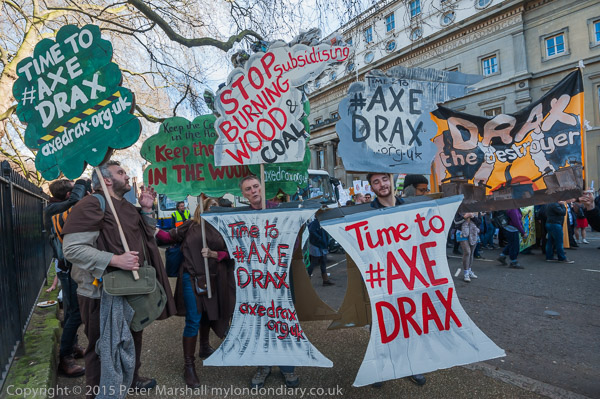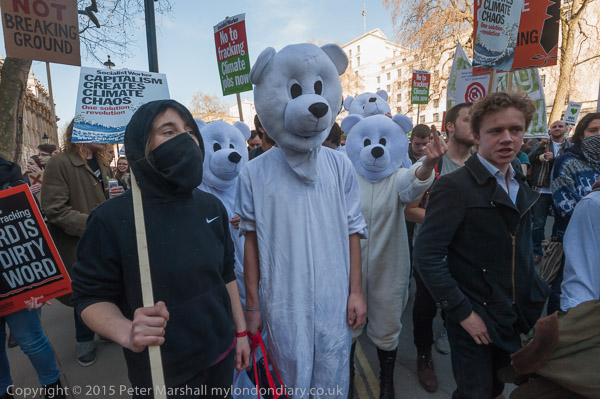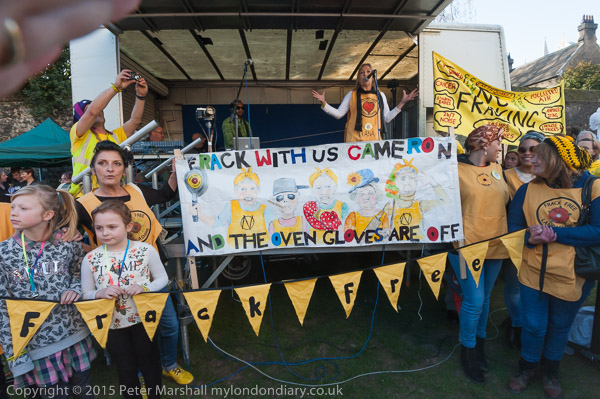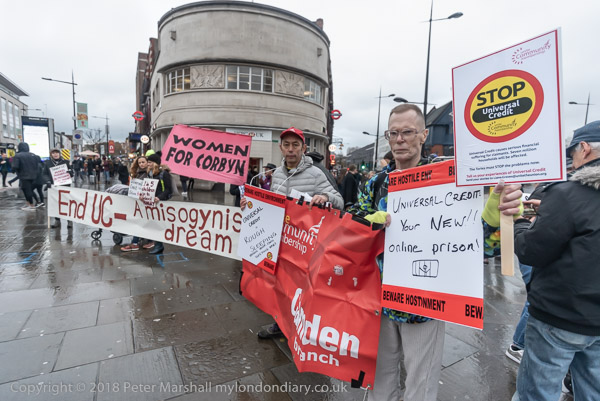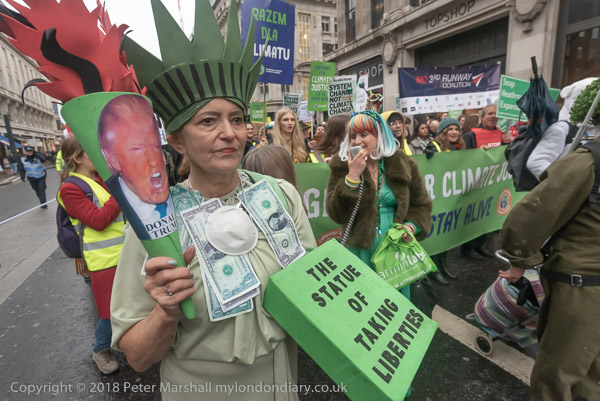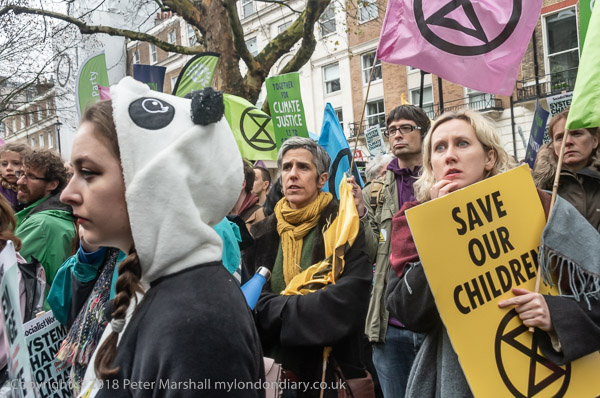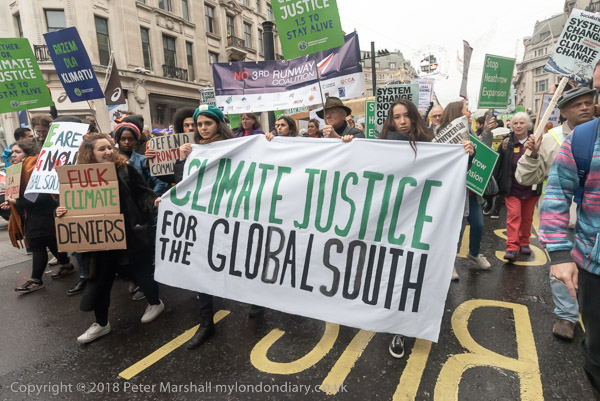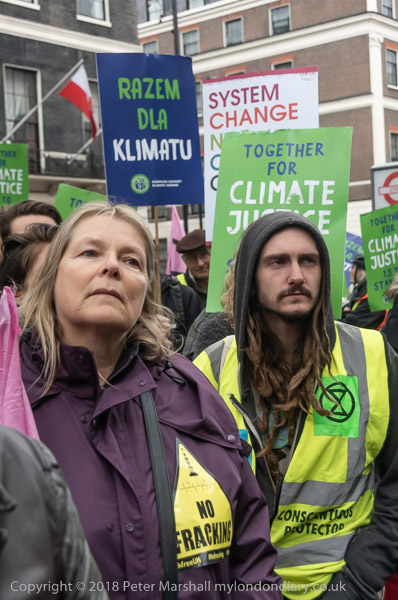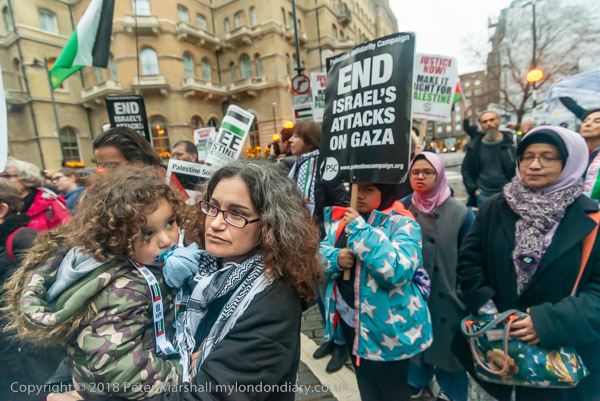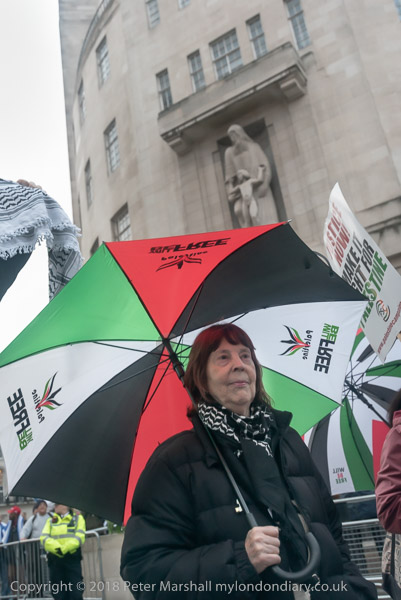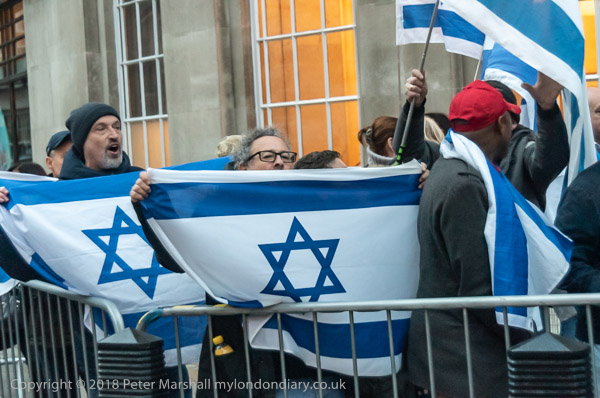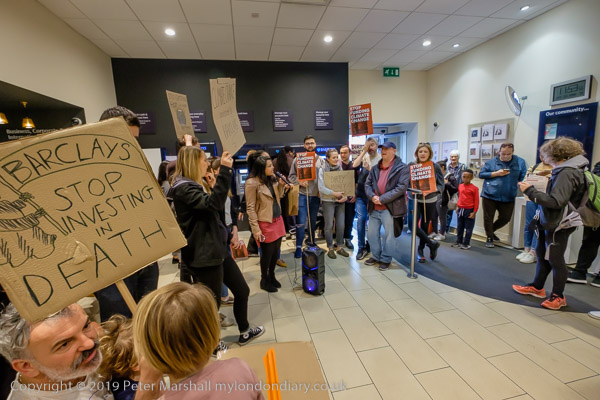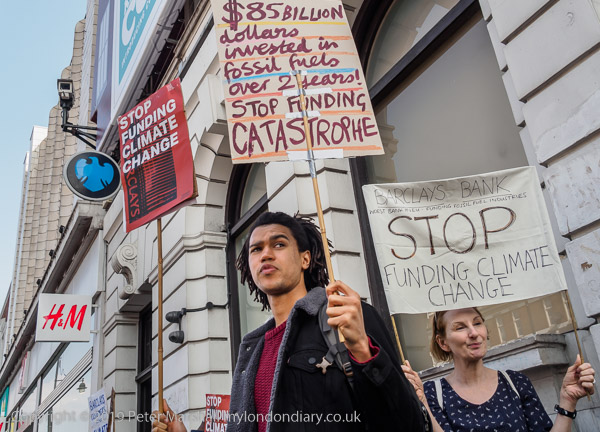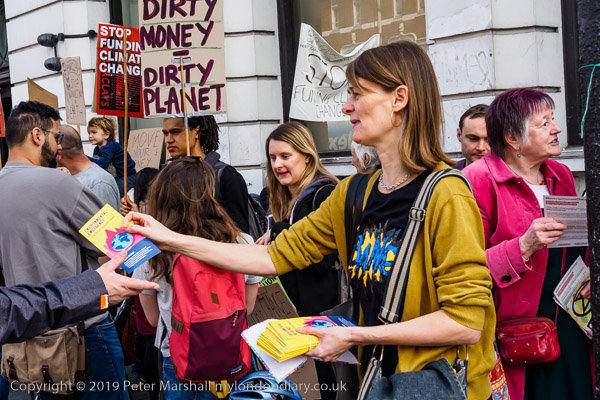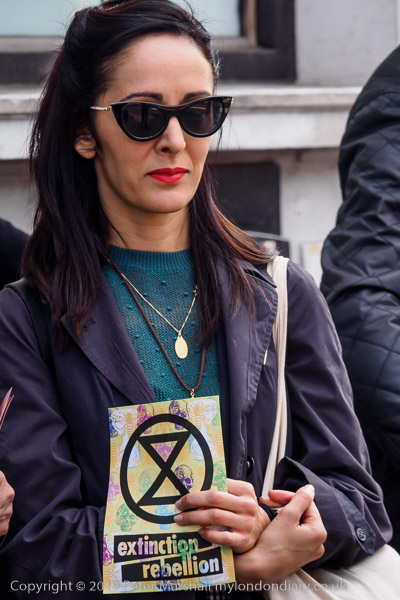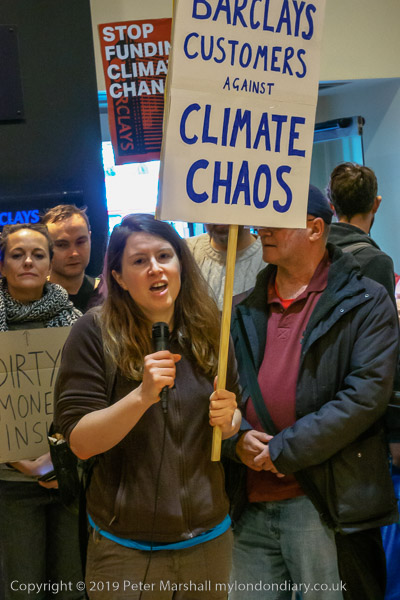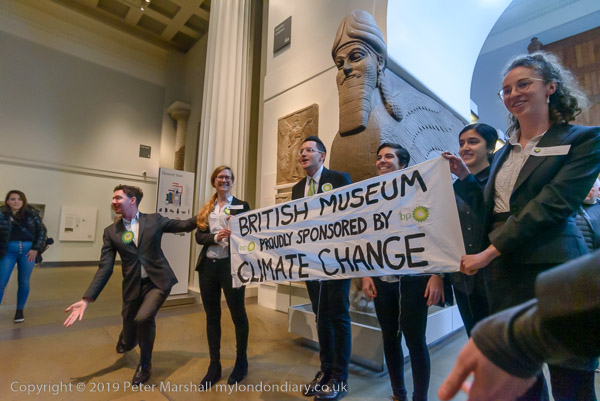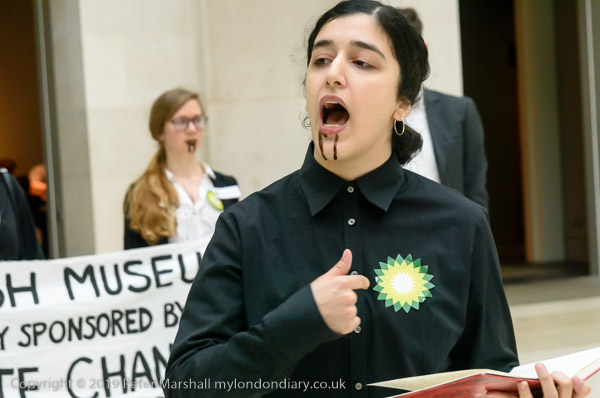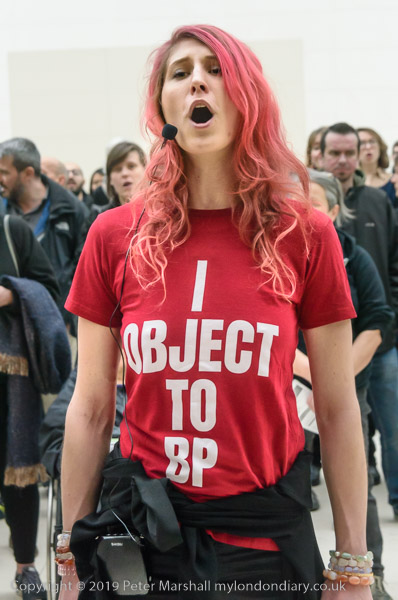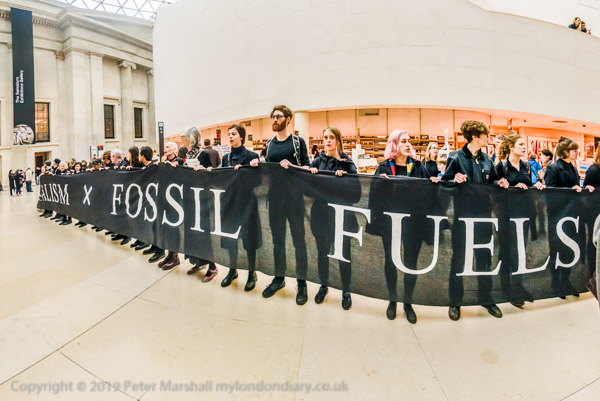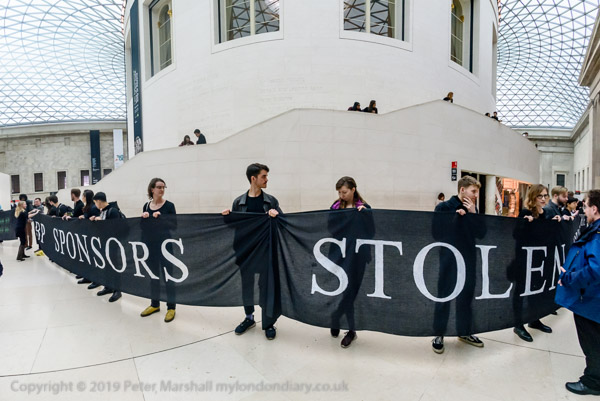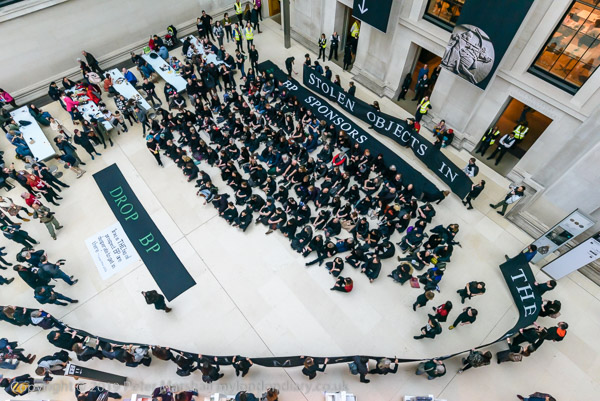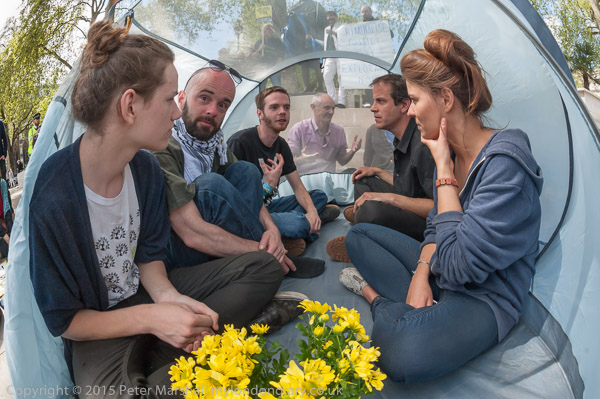
Successive UK governments have legislated in various ways to restrict the right to protest, particularly concentrating on the area of Westminster close to the Houses of Parliament, and the current Police, Crime, Courts and Sentencing Bill amends the “Police Reform and Social Responsibility Act 2011 to expand the “controlled area” around Parliament where certain protest activities are prohibited” as well as creating a new prohibited activity of “obstructing access to the Parliamentary Estate”.
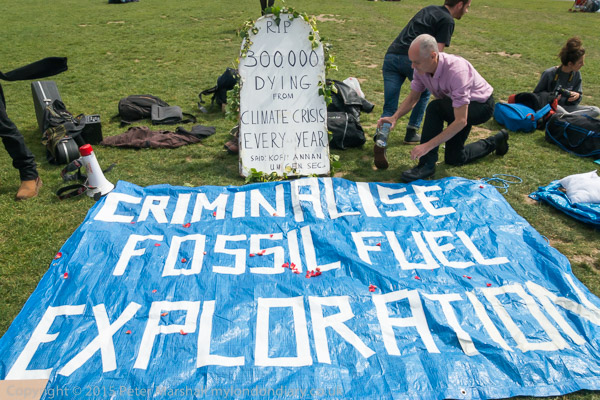
The 2011 Act (which was also amended by the Anti-Social behaviour, Crime and Policing Act 2014) replaced previous restrictions which had been brought in under SOCPA, the Serious Organised Crime and Police Act 2005 which the New Labour government had brought in as an attempt to stop the long-term protest in Parliament Square by Brian Haw who had set up his camp there on 2 June 2001 in protest against the effect of economic sanctions which were resulting in child deaths in Iraq.
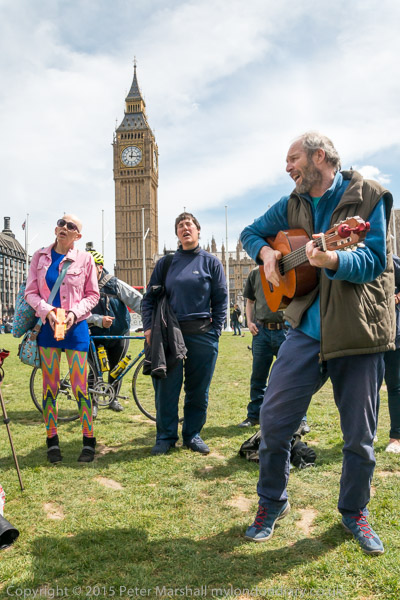
Haw’s campaign widened into a more general protest against war and became the Parliament Square Peace Campaign, and he was joined by other long term protesters as well as receiving support from many others which enabled him to remain in the square. Various attempts to remove him legally failed and SOCPA was passed in an attempt to stop his protest. But poor drafting led to the eventual failure to achieve this, though Haw had to apply for permission which was granted subject to strict conditions – which he and his supporters failed to adhere to.
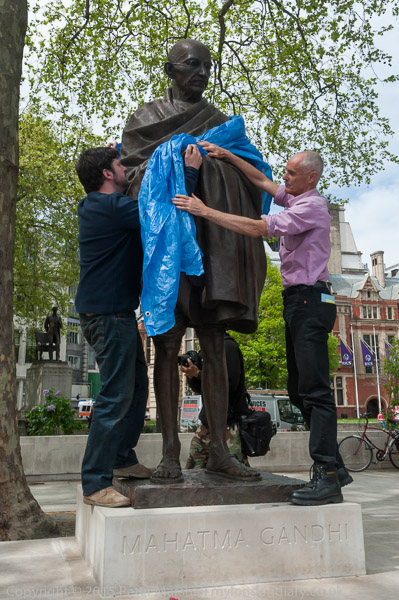
Police carried out a major raid in May 2006, removing most of the placards and other material and Haw was taken to court for breach of SOCPA. But after several hearings he was acquitted as the judge found the conditions lacked clarity and were not workable. He was assaulted on numerous occasions by police and by others believed to be working for the security services and arrested again on the day of the State Opening of Parliament for the Tory-LibDem coalition in 2010. But his protest was continued even after he left for cancer treatment in Berlin on New Years Day 2011, by his colleague Barbara Tucker who had joined him in 2005, and stayed in Parliament Square until 2013, despite being denied the use of tent, blankets and eventually even a chair and umbrella in 2012.
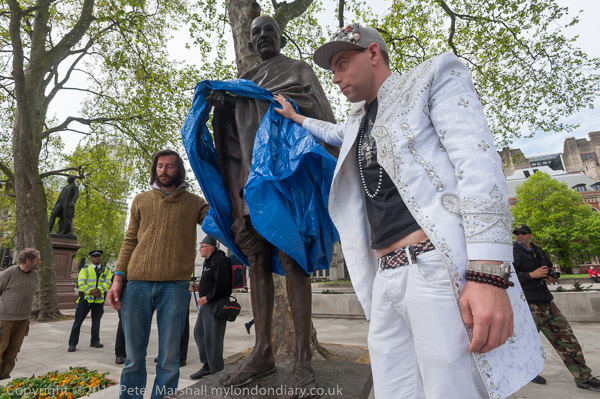
The whole grass area of Parliament Square was fenced off and the protest moved onto the pavement in 2011 after Boris Johnson gained a High Court injunction. Early in 2013 more protesters had arrived to support Tucker who had begun a hunger strike in December 2012. She left the square for urgent medical treatment and the Westminster Council removed the tents which supporters had brought there in March 2013, reopening the square for public use in May.
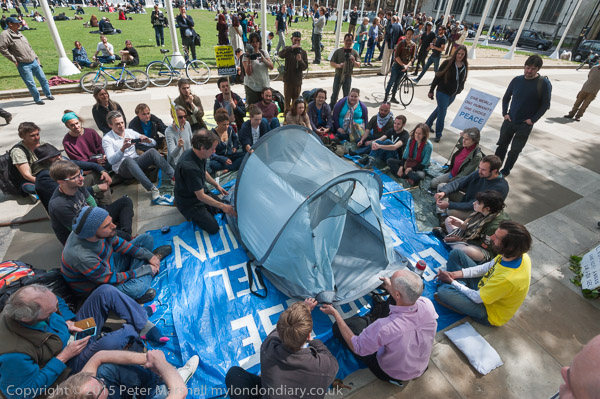
In October 2014, Occupy Democracy arrived to occupy Parliament Square “for 9 days in October, to broadcast and demand the solutions we already know exist, to inspire people to be the active citizens required to take back democracy from powerful economic interests.” They were met by police and private security ‘Heritage Wardens’ (outsourced by the GLA) and signs put up the previous day stating the grass was ‘closed for repair’, and there was considerable harassment with the police seizing anything they thought might be ‘camping equipment’ the occupied the square. The following day, much larger numbers of protesters turned up, including a number of MPs and some celebrities, and after trying hard to stop them, the police melted away and the camp was set up.
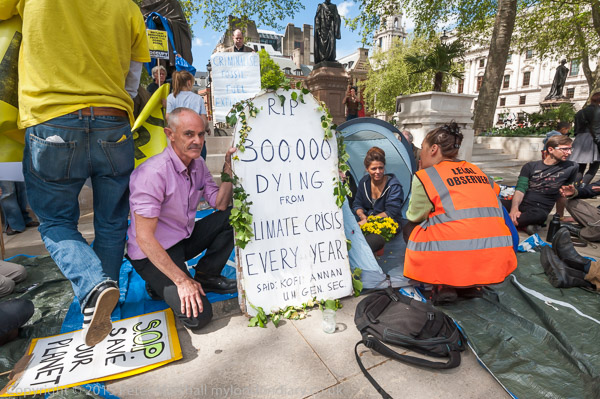
Over the following three days there were a number of arrests and police moved protesters off the main grass areas, but the various workshops and activities continued until the whole square was cleared. There had been a number of battles between police and protesters over large squares of blue plastic tarpaulin they had used to sit on the wet grass and mud, and the Democracy Camp had gained the name ‘Tarpaulin Revolution’ (#tarpaulinrevolution).
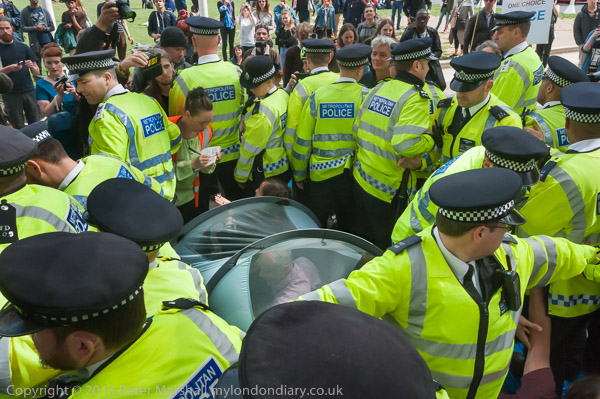
On May Day 2015, Occupy Democracy returned for a 10 day ‘Festival of Democracy’ in Parliament Square “building a movement for real democracy: free from corporate control, working for people and planet!” just a few days before the general election. On Monday 4 May there was a rally and meditation by Occupy Democracy at the statue of Gandhi, noted for his direct action civil disobedince, called for fossil fuel exploration and investment to be made a crime, and defied the ban on tarpaulin and tents in Parliament Square.
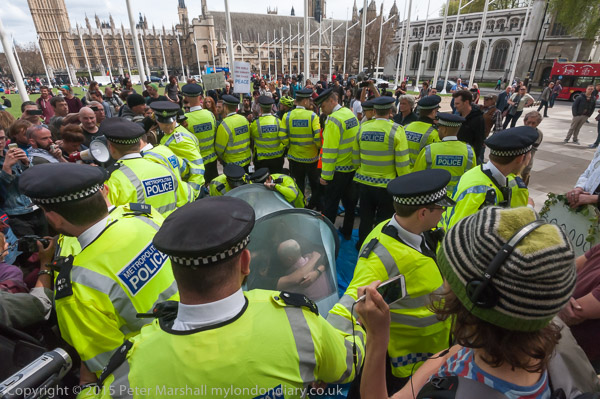
After short speeches there was a period of meditation, and the protesters wrapped a blue tarpaulin around the statue. Heritage wardens demanded its removal, and seized it when their request was ignored. Other protesters then stood with another blue tarpaulin, holding it around the statue but taking care not to touch it.
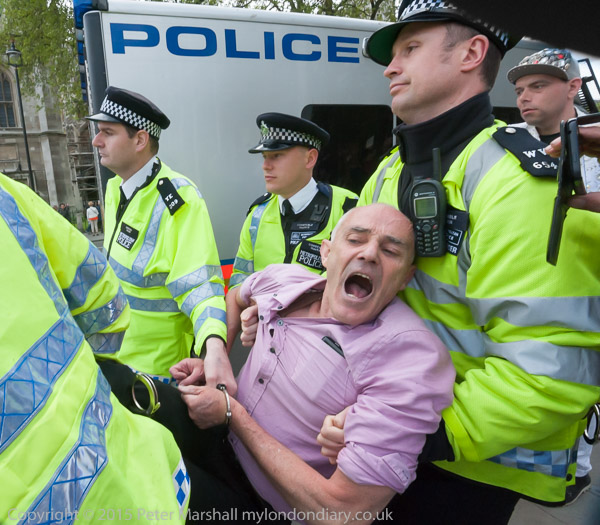
At the end of the mediation, Donnachadh McCarthy who had been leading it announced an act of civil disobedience and pulled a folding tent onto the tarpaulin on the pavement in front of him and erected it. Several people then came and sat inside it, and the protest continued. Police came and told them they were committing an offence and might be arrested if they failed to leave. Shortly after 20 police came and surrounded the tent and arrested those who refused to leave.
Occupy Gandhi – stop fossil fuel criminals
Occupy Festival of Democracy
